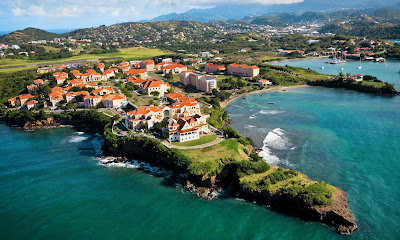Higher Education in the United States was once considered a civic activity intended to improve people's lives and benefit society.
Then some people realized they could make money in the education racket, and the for-profit-college industry was born.
Who makes money from for-profit colleges? Mostly hedge funds, equity funds, and institutional stockholders.
Let's look at Adtalem Global Education (AGTE), a for-profit education company that owns Walden University, two Caribbean medical schools, and a Caribbean veterinary school. It's trading on the NASDAQ for about $39 a share--near its 52-week high.
Virtually all of Adtalem is owned by institutions, mostly hedge funds and financial companies.
Which funds own the stock? You would recognize some of them: Blackrock, Berkshire Hathaway, Goldman Sachs, Morgan Stanley, JP Moran Chase, Soros Management, and the California Teachers Retirement System.
Some analysts are bullish on Adtalem and are predicting a higher share price. Certainly, the big financial players think Adtalem is a money maker.
Without a doubt, Adtalelm's educational institutions have been busy little bees. According to the Chronicle of Higher Education Almanac, Adalem's Walden University produced 867 doctoral degrees in 2020--more than Harvard, Yale, or Columbia. It logged 124 doctoral degrees in education and 357 doctorates in psychology and social sciences. That should make investors happy.
Adtalem gets most of its revenues from federal student aid money. Tuition costs are high. Tuition at Adtalem's American University of the Caribbean Medical School is about $25,000 a semester.
My guess is that most of the graduates of Adtalem's medical schools sign up for income-based repayment (IBR) plans that stretch out payments for 20 or 25 years.
That keeps monthly loan payments down, but often IBR loans are negatively amortizing. In other words, student borrowers in IBRs see their loan balances go up with each passing month because their loan payments aren't large enough to cover accruing interest.
Indirectly, then, taxpayers are subsidizing the for-profit college industry, including Adtalem, because so many of their students will never pay off their student loans.
Is that a good deal for the American people? No, but it's a good deal for the hedge funds, and that's why the federal government will keep propping up the for-profit college industry.
 |
| The hedge funds love the for-profit college industry. |

